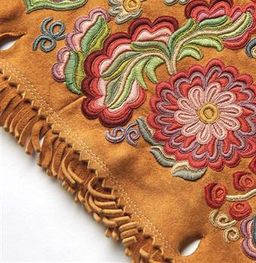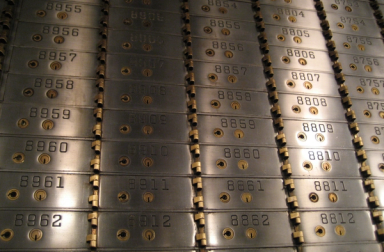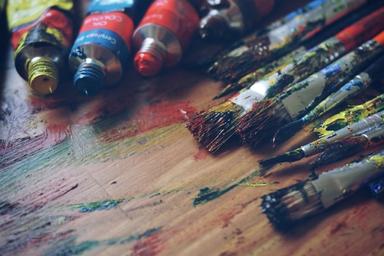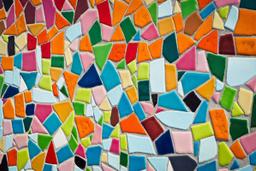Critical Pedagogy
Experiential learning and critical pedagogy both conceive of teaching and learning as “the construction of transformative learning environments in which the experiences students bring to the classroom are both valued and critically explored as sources of knowledge” (Ridgely et al., 2015). In short, their focus is to ensure that multiple “ways of knowing” are situated in curriculum.

An Indigenous paradigm comes from the fundamental belief that knowledge is relational, is shared with all creation, and therefore cannot be owned or discovered.
Critical pedagogy also aims to expose and disrupt the process of schooling itself by critically analyzing, and making explicit to learners, the ways that knowledge production by marginalized groups has been dismissed. For example, a science course that uses a critical pedagogy approach would not simply discuss the differences between Eurocentric sciences (which have predominantly defined the singular term “science”) and Indigenous ways of knowing. Rather, it would invite learners to investigate the process by which Indigenous knowledge has been marginalized. Freire described the learning environments that would and would not nurture such autonomy in terms of three models: “banking or depositing,” problem-solving with or without prescribed answers, and autonomy or transformation:



Depositing information
Paulo Freire “rejected the idea that the role of the educator was merely to deposit knowledge into the empty repository of the student mind,” a process he called the “banking model” of education (Breunig, 2005). "Implicit in the banking concept is the assumption of a dichotomy between human beings and the world: a person is merely in the world, not with the world or with others; the individual is a spectator, not re-creator” (Freire, 1970). In this scenario, students are “receptors” and “collectors” of information that has no real connection to their lives, and the role of educators and educational systems is to simply provide knowledge and content to the learner.
Problem-solving with prescribed answers
Critical pedagogy is also concerned with the ways that problems and solutions are posed to students. Learner autonomy is limited when students search for answers that have already been prescribed. While it is true that some learning objectives, for example, at the levels of identification or apply, are necessary formative building blocks, Freire warns against leading students to believe that their answers are original.
Autonomy and transformation
Freire encourages educators and learners to move from deposited knowledge and prescribed answers to autonomy, interrogation, and transformation. In this way, information flowing between the learner and educator, and between learners, contributes to their own and others’ understanding by connecting content to a variety of lived experiences.
Building on the Socratic method, Freire describes questioning in problem-posing education as a critical process. One question that might be asked is: What counts as knowledge, and whose interests does this knowledge serve? He describes learning as a means by which new ideas are connected to the cultural, economic, and political context of the larger community and society (Breunig, 2005). Freire saw the purpose of this process as being that of “praxis” so that the interrogation of power and how it is maintained could be dismantled by means of reflection and action.

Our choices matter. In the context of inequity, our choices can reinforce or resist the status quo.
Critical Pedagogy Learning from Freire’s Pedagogy of the Oppressed (Runtime: 10:22 min).
Critical, antiracist, queer, and inclusive pedagogies, UDL, intersectionality, and decolonizing frameworks are all pathways and lenses we can use to co-create a future vision of education where all learners can reach their full potential and where a “discourse of critique gives way to a discourse of possibility in which a future imagined is very different from the present” (Giroux, 2019). Every educator has a role to play in this endeavour and to open representation frameworks in curriculum and pedagogy. This article “In Times of Racial Injustice, University Education Should Not Be 'Neutral’” is a further example of critical pedagogy.
Collaboration Activity 5: Check-In
Please take a moment to return to the Curation Collaboration. Maybe you have more to add. What have others shared? You will be using this curation strategy later, in this module’s final Collaborative Activity!